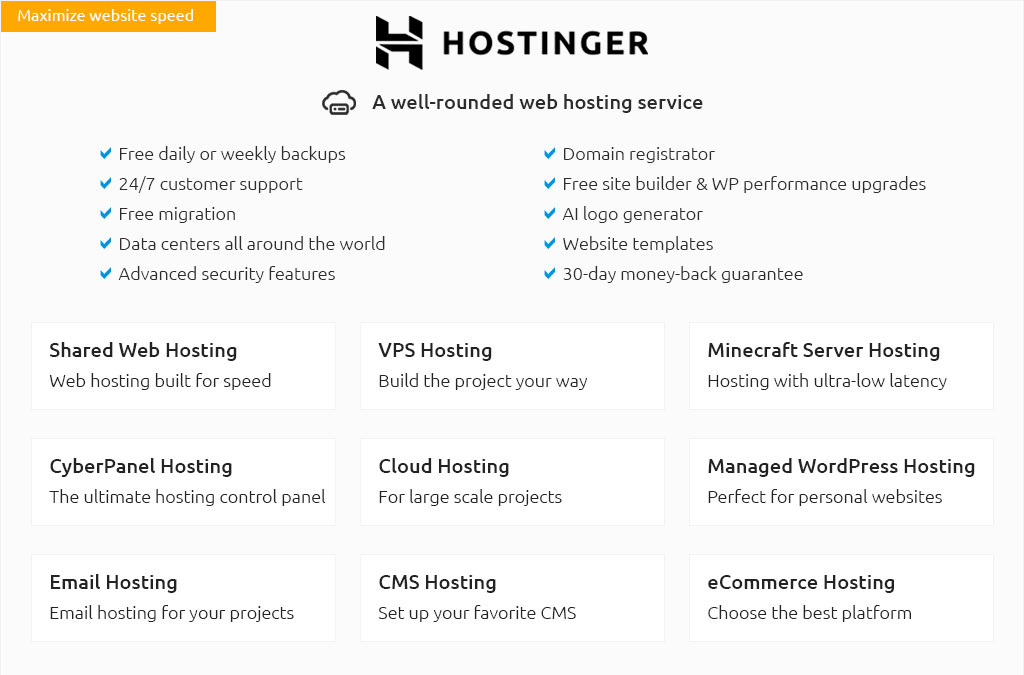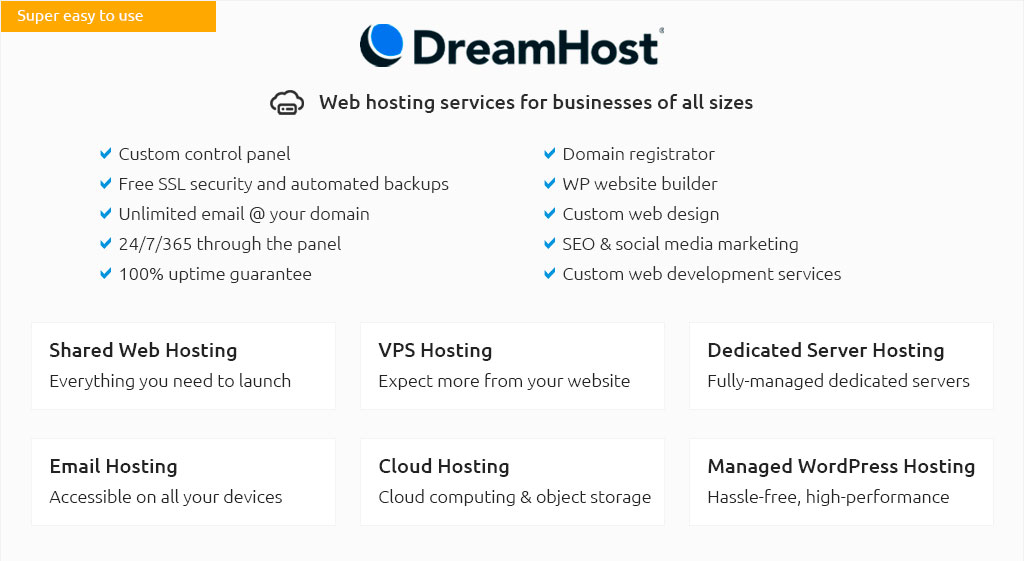 |
|||
 |
 |
 |
|
 |
|
 |
 |
 |
|||
 |
|||
 |
|||
 |
|||
 |
|||
 |
|||
 |
 |
How to Find the Right Web Hosting CompanyIn today's digital age, the importance of selecting an appropriate web hosting company cannot be overstated. With a multitude of options available, each boasting unique features and benefits, making an informed choice can be daunting. However, by considering a few critical factors, you can identify a web hosting provider that aligns perfectly with your needs and expectations. Let's delve into the key aspects that should guide your decision-making process. Understanding Your Needs is the first and most crucial step. Are you launching a personal blog, an e-commerce site, or a large-scale enterprise platform? The nature of your website will heavily influence your hosting requirements. For instance, a simple blog may only need basic shared hosting, while an e-commerce site with high traffic demands might require a dedicated server or cloud hosting. Additionally, consider your technical proficiency. If you're not tech-savvy, a provider offering managed hosting services, where they handle server maintenance and updates, might be more suitable. Performance and Reliability are non-negotiable factors. A reliable web hosting company ensures minimal downtime, which is crucial for maintaining accessibility and credibility. When evaluating potential hosts, look for uptime guarantees of at least 99.9%, and check customer reviews for real-world performance insights. Speed is another critical aspect; faster loading times contribute to better user experiences and can positively impact your search engine rankings. Security Features should never be overlooked. In an era where cyber threats are rampant, robust security measures are essential. Look for hosts that offer SSL certificates, DDoS protection, daily backups, and malware scanning. Some hosts provide additional security features, such as two-factor authentication and firewalls, which can offer peace of mind. The Cost of hosting is often a decisive factor, but it's vital to balance affordability with the quality of service. Many hosting companies offer introductory rates, but it's important to understand the renewal costs, which can be significantly higher. Additionally, consider any hidden fees for add-ons or upgrades. A detailed comparison of pricing structures can prevent unexpected financial surprises.
Real-world examples can illustrate these points further. Take SiteGround, for instance, which is praised for its excellent customer service and robust security features. On the other hand, Bluehost is often recommended for beginners due to its ease of use and affordability. Meanwhile, if performance is your top priority, providers like A2 Hosting or InMotion Hosting might be worth considering for their speed optimizations and reliability. Ultimately, choosing a web hosting company is a decision that should be made after careful consideration of your specific requirements and thorough research. By evaluating the aspects mentioned above, you can find a host that not only supports your current website needs but also accommodates future growth and changes. Investing time in selecting the right provider will pay dividends in the long run, ensuring a seamless online presence. https://www.accuwebhosting.com/resources/who-is-hosting-this-website
Hosting provider detection uses two key internet technologies: DNS and WHOIS. First, the Domain Name System (DNS) helps identify the IP addresses associated ... https://iplocation.io/isp
How to use the web hosting checker to check who is hosting a particular website? - Go to tool Check Website Hosting Provider. - Click on the tool and enter the ... https://www.reddit.com/r/webhosting/comments/d1sh8m/what_is_the_best_tool_to_find_out_who_is_hosting/
Whois hosting is the best tool to find out that who is hosting that website. So i would prefer to use that to find out every web hosting.
|